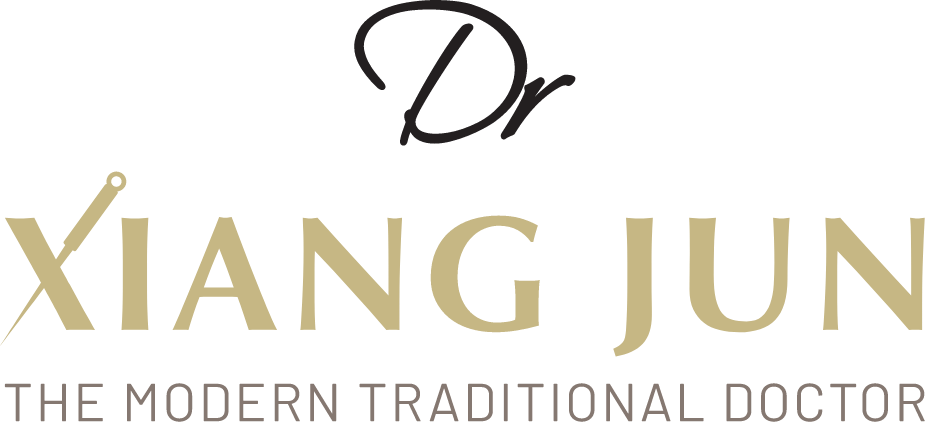Women's Health Series: How Traditional Chinese Medicine and Acupuncture treat Irregular Period
What is a Normal Period
Before we examine the subject of menstrual irregularity, we need to know what is normal. Women are sometimes taught that their periods are irregular if they do not occur every twenty-eight days. Having a period every twenty-eight days like clockwork happens for some women but not all. Thousands of women who do not fit the every twenty-eight-day pattern are under the impression that their periods are irregular, when in fact they are completely normal.
In actual fact, periods are considered regular when they occur roughly every twenty-four to thirty-five days.
Physiological Causes of Irregular Period
Period regularity is determined by a complex interaction between the brain (hypothalamus, pituitary gland, and temporal lobes), the ovaries, and the uterus. Period patterns can shift with changes in seasons, lighting conditions, diet, stress, anxiety, exercising too much, travel, or during times of family stress. Irregular and anovulatory menstrual cycles are associated with premature bone loss. Periods in which there is no ovulation also tend to be more irregular.
Sometimes, conditions like polycystic ovary syndrome (PCOS) and an underactive thyroid gland can cause irregular periods.
Energetic Perspective of Irregular Period
Menstrual blood carries wisdom and messages of some kind, especially when it comes at an unscheduled time. Most bleeding problems originate from an imbalance in our system. Specifically too much emotion and not enough mental and intellectual energy to balance it.
Bleeding abnormalities are exacerbated when a woman internalizes confusing signals from her family or society about her own sexual pleasure and sexual needs. An example is a woman may desire sexual pleasure but feel guilty about it or be unable to ask directly for what she desires and worse still, she may not be consciously aware of this inner conflict.
Conventional Approach in the Treatment of Irregular Period
Treatment for menstrual irregularities that are due to anovulatory bleeding (absent periods, infrequent periods, and irregular periods) include oral contraceptives, cyclic progestin, treatments for an underlying disorder that is causing the menstrual problem, such as counseling and nutritional therapy for an eating disorder.
Holistic Approach in the Treatment of Irregular Period
Acupuncture
Acupuncture can modulate and regulate multi-systems in the body such as the endocrine, vascular, nervous systems which can help improve regularities of period.
Acupuncture also works on physiological, mental, emotional level (Read more about Why Acupuncture Works here) which is definitely much needed to manage period regularity on a multifactorial complexity.
Herbs
The plant species P. mirifica (pueraria) contain several phytoestrogens which mimic the hormone estrogen in the body to regulate period and also treat symptoms of menopause.
Acupressure
San yin jiao is an acupressure point that the Liver, Kidney and Spleen meridiens intersect. Irregular period symptoms are related to these three main organs for any imbalance to form and for any balance to be rectified.
Read more on Women’s Health: How Traditional Chinese Medicine and Acupuncture treat Infertility, Premenstrual Syndrome, Polycystic Ovary Syndrome, Endometriosis, Fibroids, Recurrent Miscarriages, Menopause, Menopause and Adrenal Fatigue, Menopausal Hot Flashes, Postmenopausal Osteoporosis, Breast Cancer, Breast Pain, Is Menopause a Suffering here.
Further Reading:
Everything you need to know about Acupuncture
Why Emotional Release is Important
Hormone Imbalance in Western Medicine and Traditional Chinese Medicine
Hidden Signs of Hormone Imbalance
Hormone Imbalanced Skin and How TCM and Acupuncture can Help Hormone Balance
Are you ashamed of having menses?
What should you not do before Acupuncture?
Testimonial for Digestive Health Bloatedness
Testimonial for Chronic Fatigue
Adrenal Fatigue and How It Can Be Treated
Is Chocolate Really Good as a Positive Emotional Builder?
How Acupuncture Help with Fatigue
Facial Acupuncture - How to differentiate the real deal from the fakers
Women’s Health: It is not normal to have cysts and fibroids
Women’s Health: Hormone Pills, IUD, IVF


